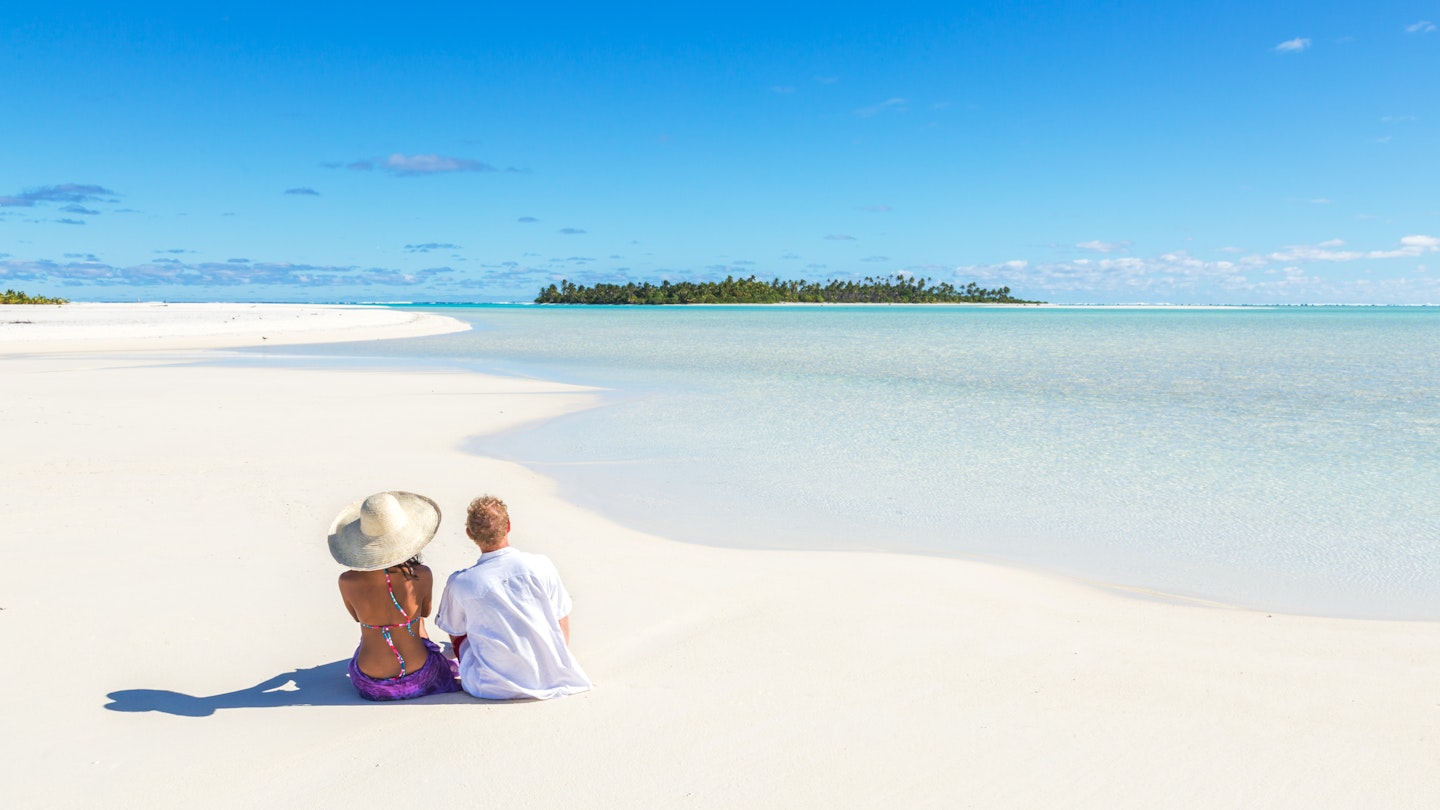Visiting the Cook Islands: A Seasonal Guide
With excellent weather year-round, there isn’t a bad time to visit the Cook Islands. However, with a little planning, you’ll be able to get the most out of your visit. This article highlights the best times to travel to this tropical paradise, suitable for both solo adventurers and families seeking fun and exploration in the beautiful South Pacific island archipelago.
High Season: July to August
Enjoy near-perfect weather
Located just south of the equator, the Cook Islands boast a tropical climate that reaches near-perfection from July to August, coinciding with school holidays in New Zealand and Australia. This is when warmer temperatures attract families escaping the Southern hemisphere winter, eager to explore Rarotonga’s lagoon and trek the island’s interior. Strong trade winds make it the ideal time of year for kitesurfing, so bring a sweater for those cooler evenings when the occasional Antarctic cold front can bring a chill.
This is peak season; therefore, expect higher accommodation rates, sold-out tours, and bustling cafes and restaurants.
Shoulder Seasons – April to June & September to December
A delightful combination of sunshine and warmth
Enjoy a wonderful balance of warm temperatures and drier skies during much of the shoulder season, making it an excellent choice for the flexible traveler. The popular islands of Rarotonga and Aitutaki experience less crowding during these months, particularly in December, when many Cook Islanders return home for the holidays. Notably, December marks the beginning of cyclone season, and while rare, residents prepare for any potential storms.
Low Season – January, February, March
Ideal for beach lovers seeking great deals
The start of the year brings hot and humid days, making this a perfect period for beach enthusiasts. The islands are quieter, allowing for exceptional deals on accommodation and low traffic for snorkeling in Rarotonga’s vibrant lagoon. Although this is the rainy season, downpours are often quick, followed by sunshine.
A Month-by-Month Guide to Visiting the Cook Islands
January
The year begins with peak heat, as temperatures average in the high 20s. While it’s rainy season, showers are typically brief. A fantastic time for swimming in warm waters, enjoying the shade under coconut palms, and exploring the lagoon.
Key event: Cook Islands Beach Games
February
Heat and humidity persist, marking one of the calmest months of the year. An excellent opportunity to visit Papua Vai Marere—better known as Wigmore’s waterfall—for a refreshing swim.
March
The vibrant LGBTQ+ community celebrates diversity and inclusion in the Cook Islands, promoting progressive changes despite local legal challenges.
April
In April, the Cook Islanders’ love for dancing shines during the annual ‘Te Mire Ura’ event, showcasing the nation’s best performers.
May
As temperatures decline and winds pick up, May marks the beginning of kitesurfing season. Aitutaki, known for its stunning lagoon, is an ideal destination for this thrilling sport.
June
This month is perfect for discovering Rarotonga’s interior, leveraging some of the year’s best weather to undertake the cross-island trek—a 6km pathway connecting the island’s northern and southern coasts, providing spectacular views of this Polynesian paradise.
July
Whale watching season peaks in July, though climate change may alter Rarotonga’s humpback whales’ migration patterns. Take a guided tour to witness these magnificent creatures in their natural habitat. Since this is peak season, early planning is advised.
August
Cook Islands culture flourishes during this month with the annual Te Maeva Nui festival on August 4, marking the nation’s independence. Dance, music, and art take center stage throughout this week-long celebration.
Key event: Te Maeva Nui
September
Following a bustling few months, Rarotonga slows down until the holiday season, offering attractive deals for travelers with flexible schedules.
Key event: Round Rarotonga Road Race
October
As the Cook Islands enters spring, the shoulder season continues with rising temperatures and dry conditions—an excellent time for outdoor activities, including trekking and snorkeling.
Key event: Gospel Day celebrations
November
November transforms watersports into the main attraction, especially during the annual Vaka Eiva canoeing festival, which draws paddlers from around the globe. This festival often features entertainment from top regional musicians and bands.
Key event: Vaka Eiva canoeing festival
December
Flower adornment is prevalent year-round, with peak bloom occurring in December. The Te Mire Tiare flower festival celebrates this beauty with competitions, a parade, and pageant events.
Key event: Te Mire Tiare flower week festival




